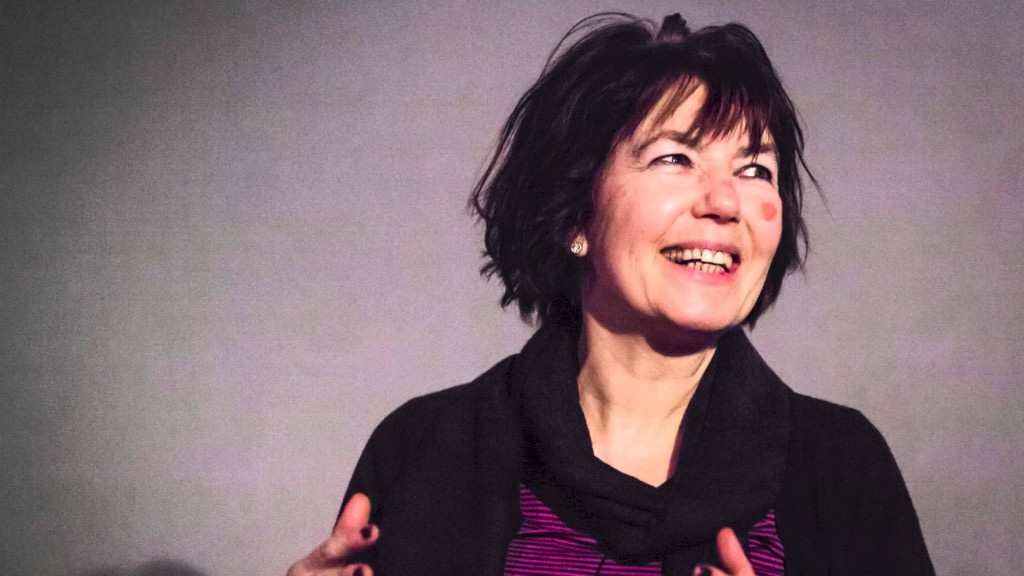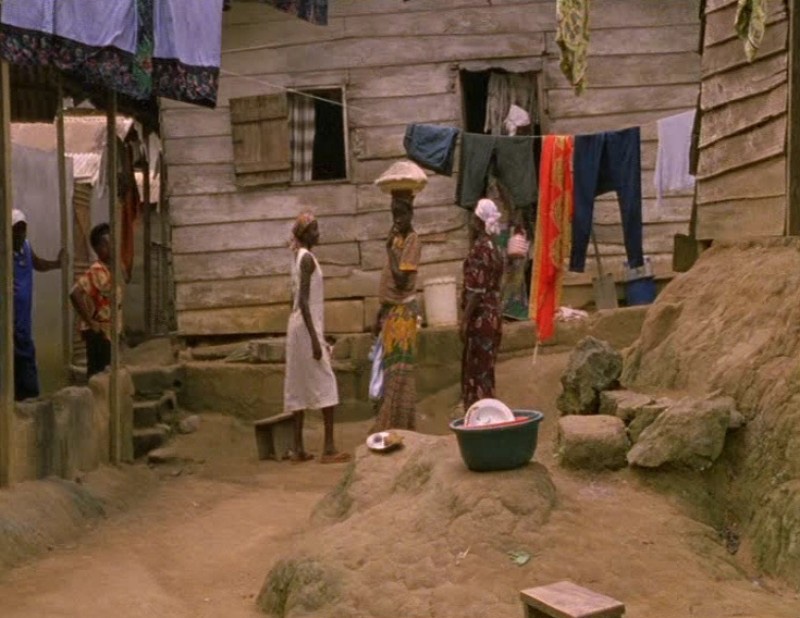Kim Longinotto is a British documentary filmmaker known for making observational documentaries that spread awareness of discriminatory oppression towards women. Stating that “real life is often more surprising and extraordinary than anything we can imagine”, her films include those such as The Day I Will Never Forget which explores victims of FGM in Kenya and Pink Saris – a film which documents women in India standing up to rapists.
Studying English and European literature at Essex University, Longinotto met fellow documentarian Nick Broomfield, and both later attended the National Film and Television School. Here, she made a film called Pride of Place which documented a draconian all-girls boarding school that Kim Longinotto attended as a child. Later shown at the London Film Festival, this perhaps inspired her to discover her niche of cinema – creating unobtrusive documentaries about women undergoing oppressive circumstances.
Longinotto has said ‘I don’t think of films as documents or records of things. I try to make them as like the experience of watching a fiction film as possible, though, of course, nothing is ever set up.’ Her work is about finding characters that the audience will identify with — ‘you can make this jump into someone else’s experience’. Unlike Moore and Broomfield, Longinotto is invisible, with very little use of voice-over, formal interviews, captions or incidental music. As the ‘eyes’ of her audience, she doesn’t like to zoom or pan. She says she doesn’t want her films to have conclusions but to raise questions.

Kim Longinotto attempts to create films that she “would like to watch” herself. Due to this, each of her films can be categorised under the observational mode of documentary, often utilising the cinéma vérité style of filmmaking in which subjects are depicted in the most authentic manner possible. She vehemently believes that films should not explicitly state what the viewer should think and feel throughout the duration of the film. Stating in an interview that she “feels very uncomfortable asking people to do things”, Kim Longinotto endeavours to create uninterrupted films that are characterised by empathy and nonintervention. Despite this, she feels uncomfortable with her films being described as “fly on the wall”, stating that “it implies that the person we are filming does not really care and is not involved.”
Furthermore, Longinotto prefers to pan the camera, rather than cut when a new person begins to talk. In effect, this places the viewer within the “eyes” of the camera and establishes a much more authentic and apparent perspective. Kim Longinotto is never seen within her documentaries, as she does not wish to interfere with the events and issues being documented.
A key example of this can be witnessed throughout Longinotto’s film, Sisters in Law. The film provides zero context surrounding the subject matter and throws the viewer straight into the deep end. Other than the subtle use of unassuming title cards, this undisturbed style of filmmaking continues throughout the duration of the film as the viewer continues to surmise more information about the Cameroonian judicial system. Stating that the film took “3 months filming and 10 weeks editing”, it is clear to see that Kim Longinotto meticulously crafts each of her films in a highly deliberate and meaningful manner.

All of Longinotto’s films are filmed in a foreign country, making her a foreign filmmaker within those countries. After filming in Kenya while making The Day I Will Never Forget, Longinotto described herself as not having “any of those prejudices” towards the tribes she was documenting, due to being an outsider. Through this, the concepts of “gender, power and hierarchy” became more apparent to her as the film developed.
Longinotto shoots each of her films with an Aaton Super-16 camera, a relatively large model. Straying from the increasing popularity of digital technology, Longinotto has stated that she “loves the steadiness” of her camera, as well as “the fact that it’s film”. This particular preference perhaps allows her to produce a more authentic and raw documentary. Alongside this, Longinotto acts as the cinematographer and camera operator for each of her films. Therefore, it is understandable for her to film with a camera that she is extremely familiar and comfortable with.
